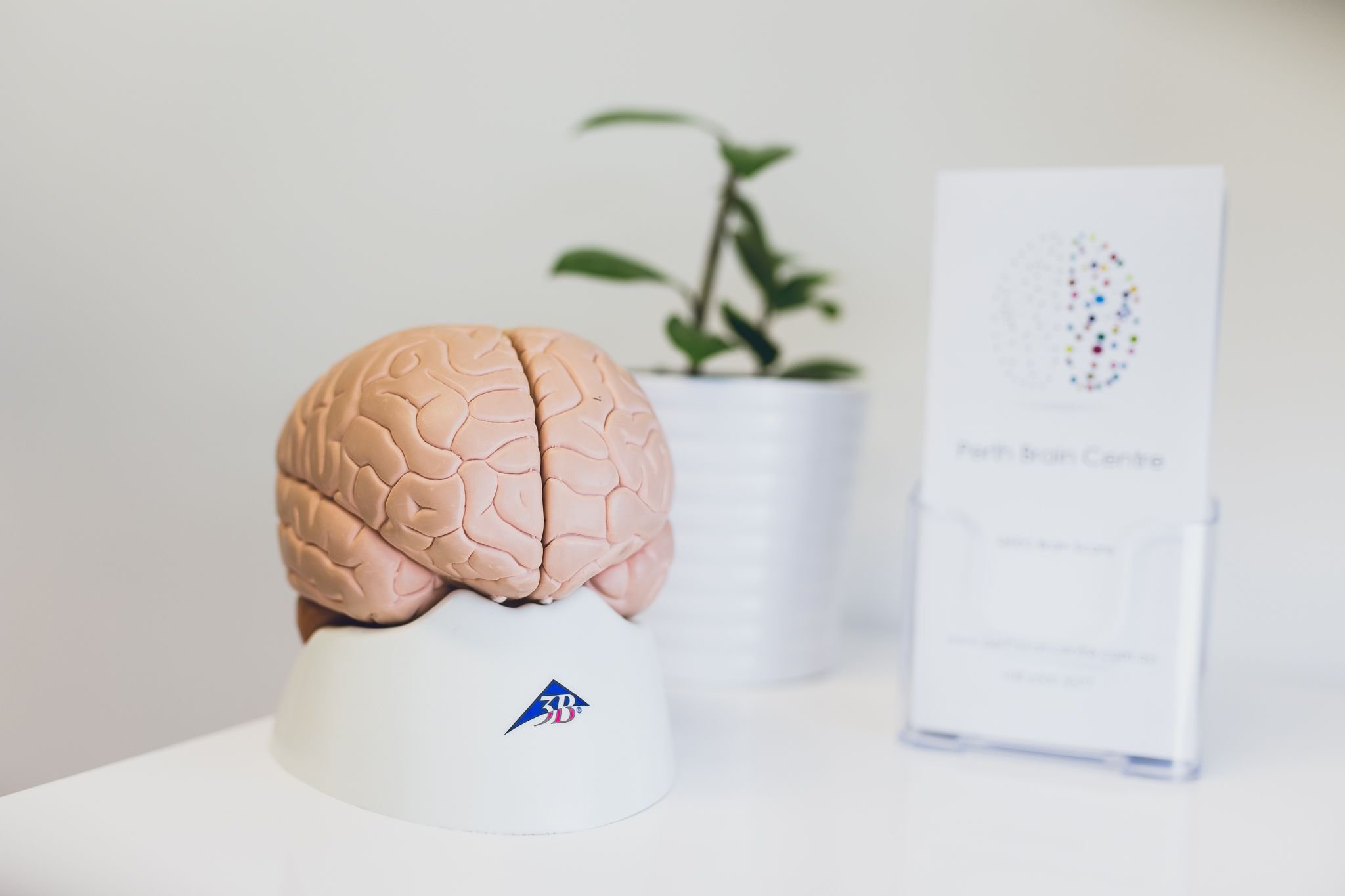
Neuroknowledge

Tinnitus Awareness Week - February 5 2018
Tinnitus (often described as “ringing in the ears”) affects 1 in 10 Australians and can range from mildly annoying to highly distressing. Successful management varies depending on the underlying cause and can include everything from brain-based therapies to hearing aids, medication and stress-reducing strategies to name a few. Mark Tinnitus Awareness Week by learning how you can prevent tinnitus and sharing this important information with others. Watch is: https://youtu.be/LQmWfgfNIeM and for further information see: http://www.tinnitusaustralia.org.au/

Feel Good February - Part 1 - The Number One factor in life that determines our health and happiness
This month celebrates “Feel Good February”, an initiative created to inspire people to initiate random acts of kindness. These days there we are all often exposed to a lot of negative news and events and The Neuroknowledge would like to support “Feel good Feb” by spreading some happiness throughout this month and sharing some of the resources we provide to our readers to help everyone feel better.

5 Apps You Need For Going Back To School
Children throughout W.A. are preparing to get back to school, and it’s a good idea to take a few simple steps to get organised. Share these ideas and apps with your friends to help get the school year off to a great start

It’s Back To School Time!
All parents want the best for their children and know how important it is for them to be happy and to do well at school. For most children and their families, starting the new school year is an exciting time, and perhaps other than a few “first-day butterflies” everything usually gets off to a great start.

Top 5 Healthy Brain Foods to Kick Start Your 2018!
Overindulged over the festive season? Feeling in need of a cleanse? We hear you! That’s why we’ve put together a list of our favourite foods to help detox your brain (and your body)!

Top 5 Tips For Boosting Brain Power
Would you like to:
Improve your work performance?
Enhance your memory?
Prevent diseases associated with ageing such as Alzheimer’s and Dementia?
Support your child to maintain attention at school or university?
If you answered yes to any of these questions, then the good news is that there are lots of different tools and methods available to you. Here we explore 5 scientifically proven ways to boost your brain power by driving neuroplasticity in a positive direction, which have the added benefit of improving your general health too!

Perinatal Depression and tDCS
‘When you are a mother, you are never really alone in your thoughts. A mother always has to think twice, once for herself and once for her child.’ Sophia Loren, Women and Beauty.
The target audience for this blog are time limited, exhausted, stressed and need clear facts to help guide decisions that not only impact themselves but their children as well. For this reason we are going to keep it clear and concise, and give you a countdown of ten points to consider

Dyslexia Awareness and Empowerment
How do we feel empowered and how do we make others feel empowered who suffer from Dyslexia?
From greater understanding of ourselves – our strengths and our weaknesses
Having the knowledge to make informed decisions for ourselves
The feeling that others believe in us

Schools reach 'crisis point' with sharp increase in students dealing with anxiety, depression
Schools are struggling to cope with a sharp rise in anxiety, depression and self-harm among students as young as 10 years old, with one principal saying Australia has reached a "crisis point".
In April a joint report by Mission Australia and the Black Dog Institute found nearly one in four Australian teenagers met the criteria for having a "probable serious mental illness" — a 20 per cent increase from five years ago.

Can exercise help ADHD?
We all know that one child that plays up in class; they never seem to listen to instructions, are often easily distracted, have difficulties making and maintaining relationships with other children, and are in the principal’s office every other day. Maybe you are a parent of that child, or were even that child yourself!
Sometimes these children can be mislabelled as ‘problem kids’, who are either ‘lazy’ or ‘poorly disciplined’ by parents. But what if there is more going on than meets the eye?

ADHD and Diet
Sugar free, gluten free, additive-free, paleo, Mediterranean, low salycilate…. With all of the many and varied opinions on diet these days it is easy to feel overwhelmed when it comes to exploring diet and ADHD. Often the best approach is to start by looking at what scientific evidence is telling us…

ADHD and The Importance of Good Sleep
Good quality sleep is vital for both general well-being but also especially brain health. While we sleep the brain “rests and repairs” helping to prepare us for the next day ahead. Studies show that sleep improves our cognitive function - Helping us to think better and faster, be more creative, make better decisions and solve problems, and improve our attention and memory.




